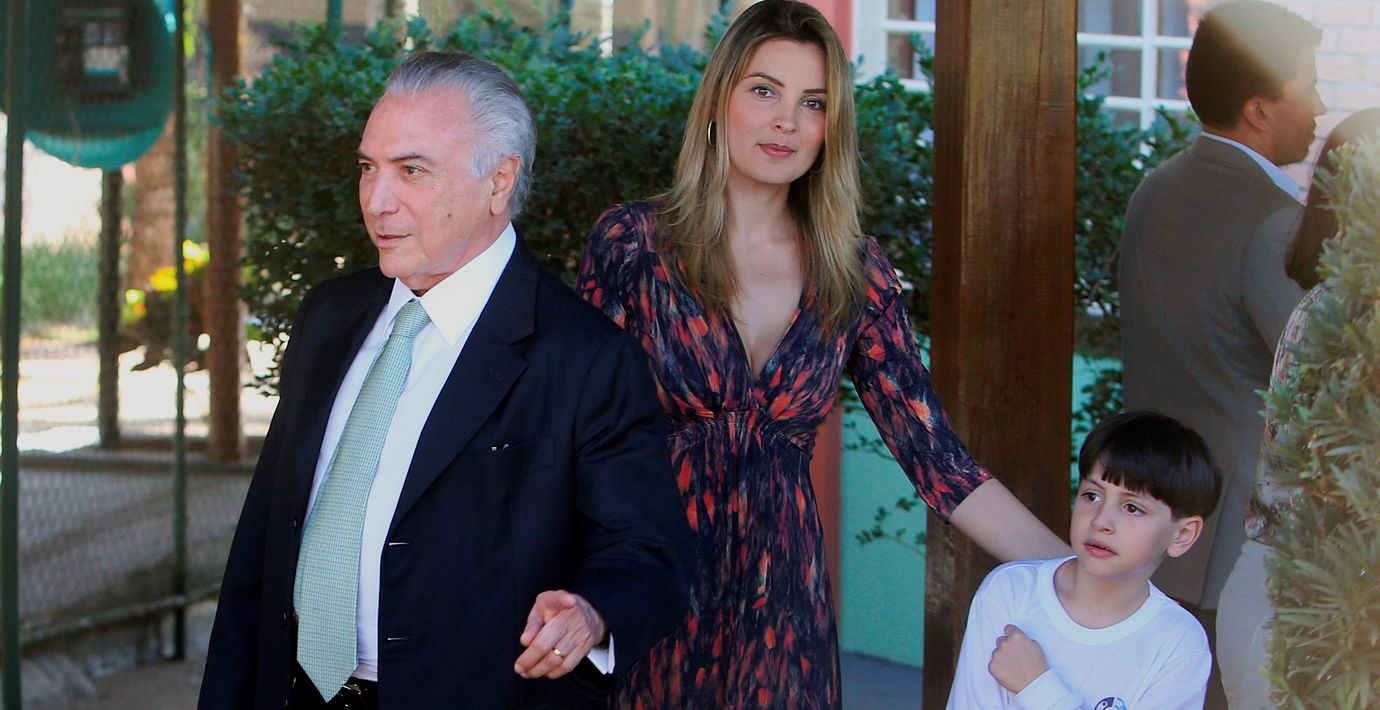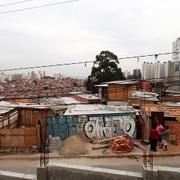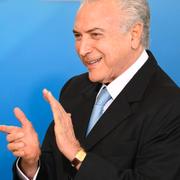
Drar åt svångremmen när OS-notan stiger
När Brasilien ansökte om att bli värdland för sommarens OS gick ekonomin fortfarande uppåt. Nu är landet hårt sargat, den extrema fattigdomen växer och slutnotan för spelen väntas landa på motsvarande 40 miljarder kronor.
– Det den nya regeringen försöker göra nu är att få statsfinanserna i balans, som ett första steg, säger Claes Nordström, analytiker på Exportkreditnämnden, till TT.
Den djupt impopuläre tillförordnade presidenten Michel Temer och hans regering letar efter sätt att skära i de statliga utgifterna. Men det omfattande välfärdsprogrammet Bolsa família, som ger de mest utsatta familjerna stöd, väntas förbli orört.
bakgrund
Bolsa família
Wikipedia (en)
Bolsa Família (Portuguese pronunciation: [ˈbowsɐ faˈmiliɐ], Family Allowance) is a social welfare program of the Brazilian government, part of the Fome Zero network of federal assistance programs. Bolsa Família provides financial aid to poor Brazilian families; if they have children, families must ensure that the children attend school and are vaccinated. The program attempts to both reduce short-term poverty by direct cash transfers and fight long-term poverty by increasing human capital among the poor through conditional cash transfers. It also works to give free education to children who cannot afford to go to school to show the importance of education.
The Economist described Bolsa Família as an "anti-poverty scheme invented in Latin America [which] is winning converts worldwide."
The program was a centerpiece of President Luiz Inácio Lula da Silva's social policy, and is reputed to have played a role in his victory in the Brazilian presidential election, 2006. Bolsa Familia is currently the largest conditional cash transfer program in the world, though the Mexican program Oportunidades was the first nationwide program of this kind.
The Bolsa Familia program has been mentioned as one factor contributing to the reduction of poverty in Brazil, which fell 27.7% during the first term in the Lula administration. Recently the Center of Political Studies of the Getulio Vargas Foundation has published a study showing that there was a sharp reduction in the number of people in poverty in Brazil between 2003 and 2005. Other factors include an improvement in the job market and real gains on the minimum wage.
About 12 million Brazilian families receive funds from Bolsa Família, which has been described as "the largest programme of its kind in the world."
By February 2011, 26% of the Brazilian population were covered by the program.
Omni är politiskt obundna och oberoende. Vi strävar efter att ge fler perspektiv på nyheterna. Har du frågor eller synpunkter kring vår rapportering? Kontakta redaktionen



